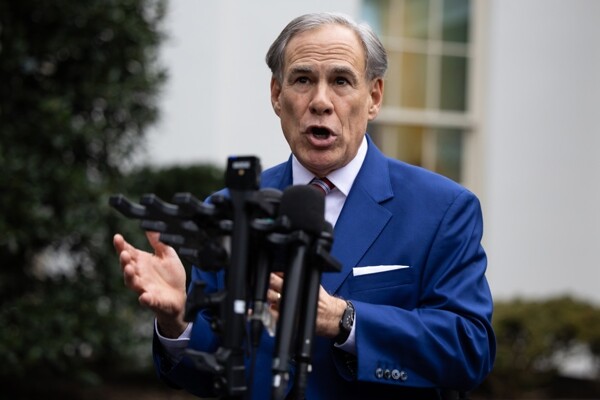
The Republican president has generated controversy with his plans to tax imports as a strategy to favor the United States, a measure that has generated negative reactions from allies and raised concerns about slower economic growth and accelerated inflation.
Tariffs, which are taxes paid by importers in the receiving country of the products, could cause an increase in prices for consumers and American companies. Despite this, Trump argues that tariffs will boost investment in the United States, creating jobs in factories and promoting long-term growth.
Amid this trade war, Trump has extended the tariff exemption for the automotive sector for another month, showing a more conciliatory stance. Despite initially refusing to grant this exemption to automakers, he ultimately agreed with a warning that they must begin to invest and shift their production to the United States.
The automotive sector has expressed concern over tariffs, highlighting that the shutdown of assembly lines in the United States and Canada would be imminent if the taxes are applied. In light of this situation, the one-month extension has been positively received in the market, with an increase of up to 6% in the shares of major automobile manufacturers.
However, this pause in tariffs stemming from the USMCA is only temporary, as Trump plans to impose broader tariffs on April 2 in search of equalizing taxes and subsidies from other countries. The automotive industry has appreciated this extension and expressed its willingness to collaborate for a prosperous future in automobile manufacturing in the United States.
The possibility for other industries to request exemptions from tariffs has also been opened, although the White House had previously stated that exceptions would not be granted. This sudden change in the official stance reflects the economic and political challenges posed by the tariffs imposed by Trump and the repercussions they are having on various industrial sectors.














